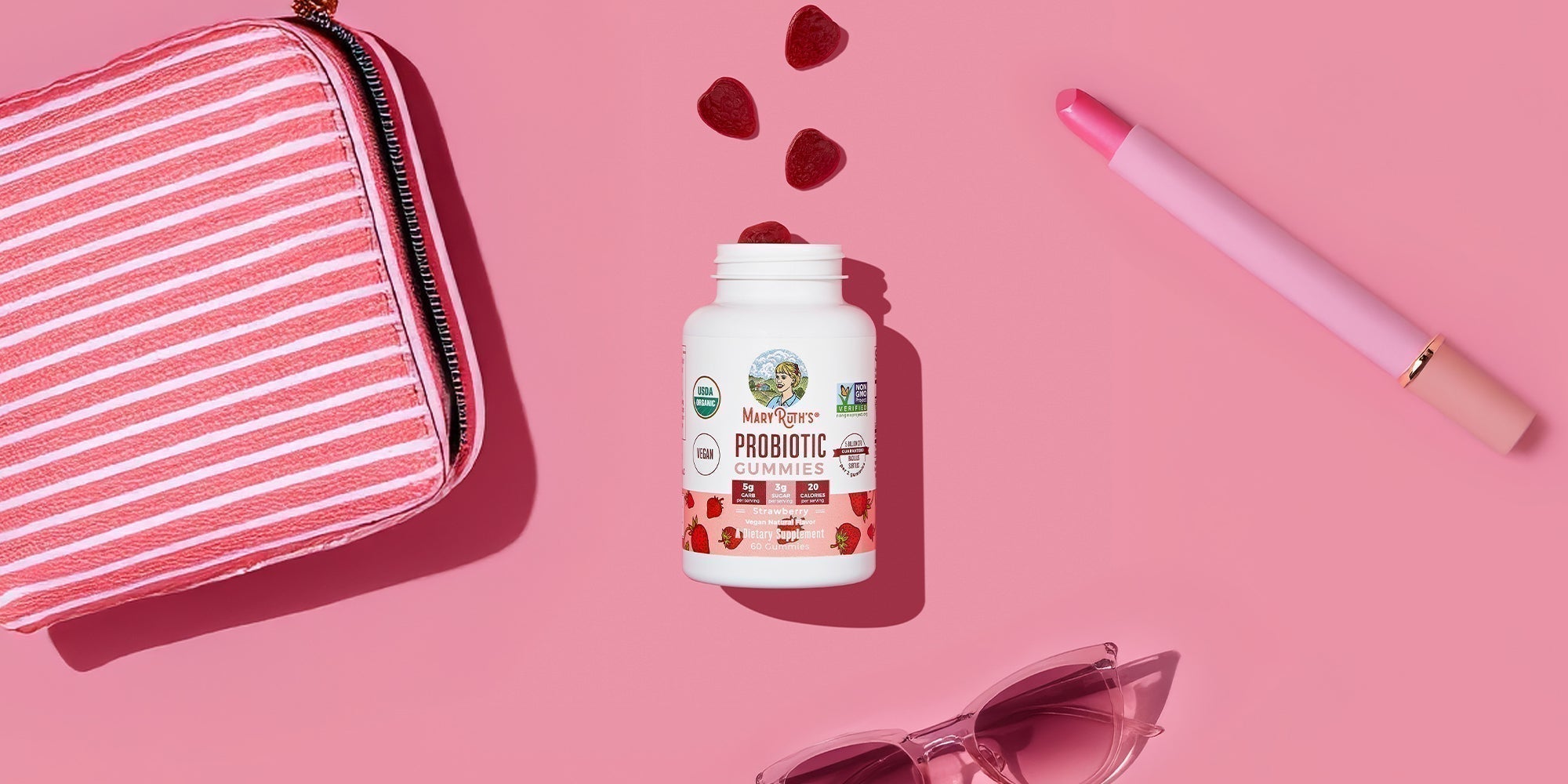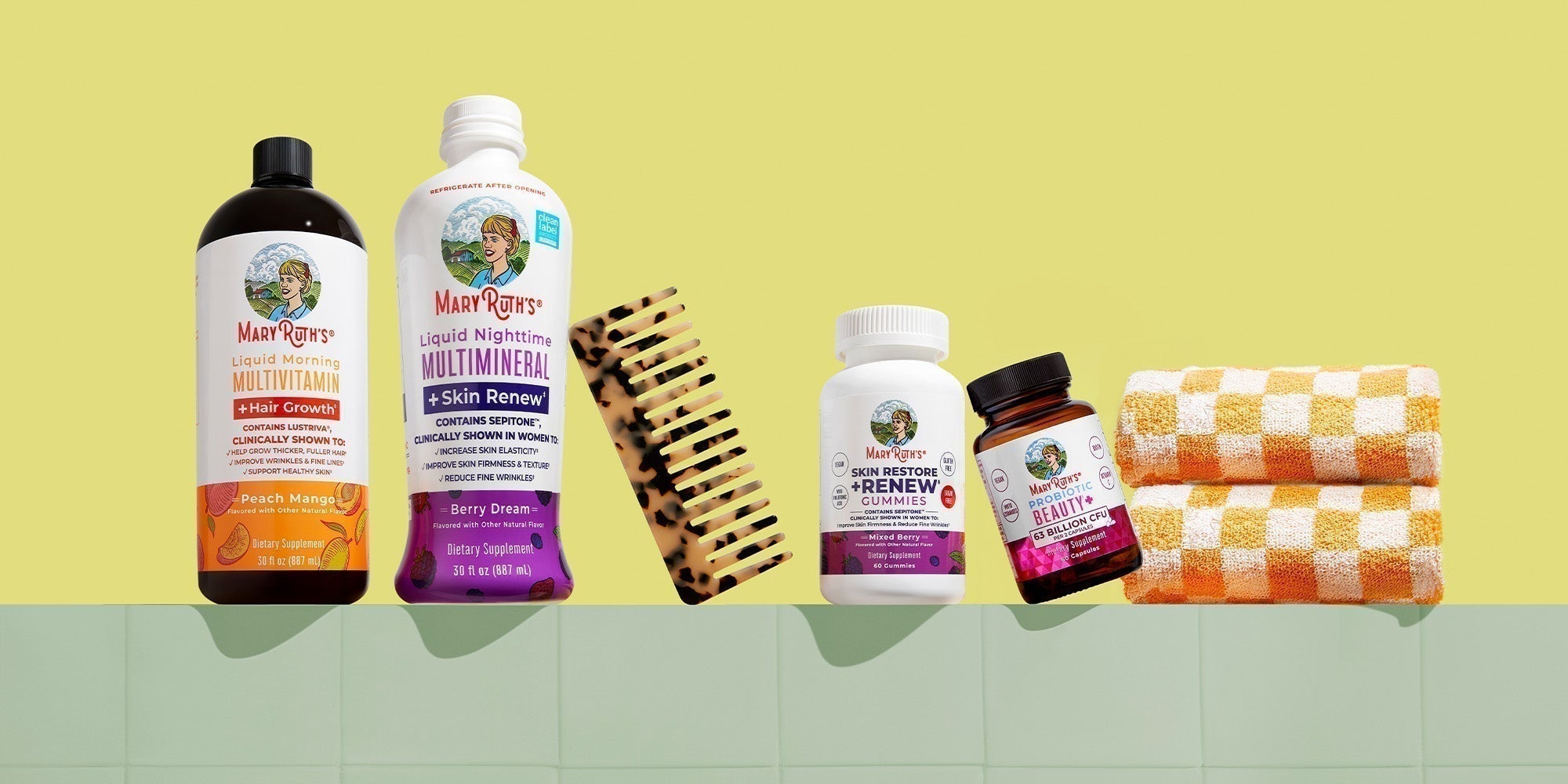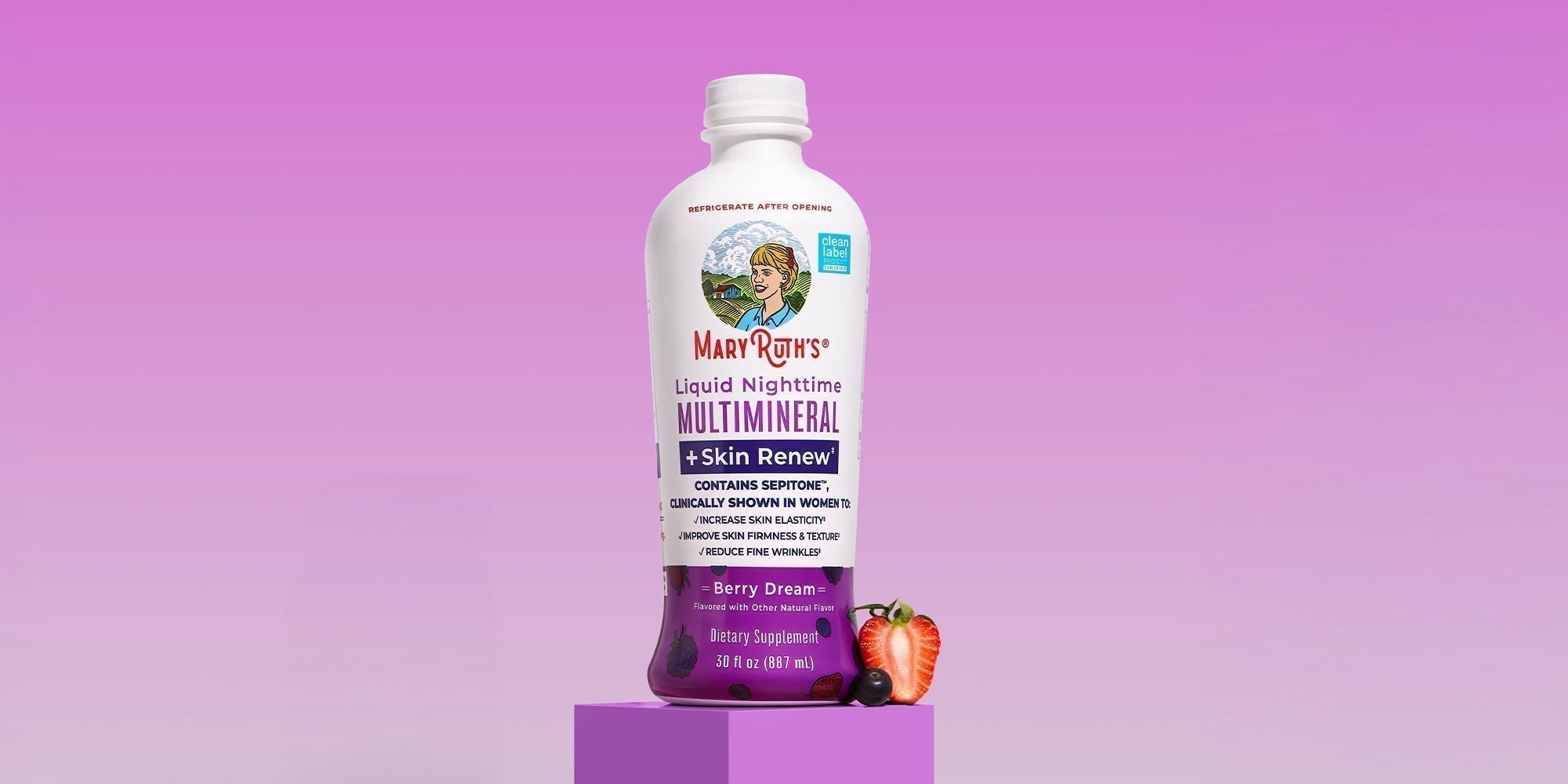Our bodies are amazing! They keep us alive with loads of unseen hard work happening internally day over day. Sometimes our bodies may feel healthier than other times, and we are, generally speaking, in control of ensuring that our body has what it needs to work at its optimal functionality.
While many of the body’s functions are automatic, our body also relies on us to provide it with the nutrients, vitamins, and minerals required to perform some of its basic functions. There are many “essential” vitamins and nutrients that the body does not produce on its own, which we must provide to it.
The good news is, most of these micronutrients are readily available in the foods that we should be consuming. By having a balanced and nutritious diet, we can help our bodies do what they need to do by providing them with appropriate doses of these vitamins and minerals that they require.
Failure to ingest these micronutrients, also known as having a deficiency, can be detrimental to health. But by providing these essentials, we support our body’s overall wellbeing and contribute to beneficial outcomes such as strong bones, healthier skin, better immune function, and more!
It can be difficult sometimes to get enough of these vitamins and minerals our bodies require with nutrition alone. The food we eat may not always have enough of these micronutrients present. This is when specific supplements come in handy...to help ensure that we are staying at our ideal health. And that’s why MaryRuth’s was created!
When supplementing your micronutrient intake, it is important to be aware of the amounts needed, and which are safe to have in excess and those which are not. This has to do with which vitamins and minerals are water-soluble versus fat-soluble. For example, an excess of fat-soluble vitamins may start to affect organs like the liver, while an excess of water-soluble vitamins typically has little to no negative effect as they will simply exit the body in our urine.
Though there are many essential vitamins, here we will be focusing on one of the essentials in particular: vitamin C! Because we cannot synthesize vitamin C on our own, it is considered an essential vitamin. To learn about some of the other essential vitamins, check out the rest of our essential series. Now, let’s “C” what we can learn about vitamin C!
Product Recommendation
What is Vitamin C?
Ascorbic acid, more commonly known as vitamin C, is a water-soluble vitamin, meaning that it is not stored by the body and must be provided with regular intake. You can get vitamin C from the food you nourish your body with, as well as from supplements.
Vitamin C is widely known for its antioxidant properties, and as such, it can support immune function.
What does Vitamin C do for the body?
Although vitamin C is most known for its antioxidant properties, it does much more than that!
Vitamin C is important for helping certain enzymes perform their job better. It helps collagen synthesis, iron absorption and storage — especially for the iron found in plant-based foods — and immune function. Overall, vitamin C is vital to support your body’s overall health.
One important note about vitamin C is that it may help protect against the negative effect that free radicals have on your cells. While free radicals are made in the body’s normal metabolic process, they can also occur because of outside influences such as exposure to X-rays, cigarette smoking, air pollutants, and more. Ongoing research is still being done to determine exactly what this means about additional vitamin C benefits.
Product Recommendation
What are the risks of Vitamin C deficiency?
One of the most historically known side effects of a Vitamin C deficiency is a condition called scurvy, which impacted many inadequately nourished sailors back in the late 18th century, who were cut off from fresh fruits and vegetables while at sea.
Some possible signs of scurvy are bleeding gums, loss of appetite and fatigue, small hemorrhages below the skin, and a lowered resistance to infections. Luckily, by eating a fruit and vegetable rich diet, there should be no worries of developing scurvy in modern times for those that have access to the food they need.
Where does Vitamin C naturally occur?
Vitamin C is present in many of the foods that you probably already eat. Many attribute citrus foods such as oranges, clementines, grapefruit, and the like as the best ways of getting vitamin C. While these are great foods to eat for vitamin C intake, there are actually other foods with high levels of vitamin C as well.
For example, one medium orange has 70 mg of vitamin C, while a half cup of raw sweet red pepper boasts 95 mg! In addition to citrus fruits and bell peppers, tomatoes, leafy green vegetables, and potatoes are also excellent natural sources of vitamin C. Some breakfast cereals are fortified with vitamin C, too.
Fruits and vegetables eaten raw are the best source of vitamin C, since cooking foods with vitamin C degrades the vitamin content.
How much Vitamin C do you need?
The recommendation is that adult females get 75mg per day and adult males receive 90mg per day, with an upper intake level of 2,000 mg daily. But the proper amount of vitamin C will depend on your body’s needs, your age, and what your diet and lifestyle is like.
The good news is that as a water-soluble vitamin, vitamin C has low toxicity which means you won’t necessarily “overdose” on it. Megadosing, though still being studied for its efficacy, is also popular with vitamin C. Ultimately, you should talk to your doctor or healthcare professional to help you determine if you are getting enough vitamin C.
People with certain health conditions, like those undergoing treatment for cancer, should speak to their doctor about any adverse effects supplementing with vitamin C may have with their condition or medication.
Product Recommendation
How can you supplement Vitamin C?
If you do not believe that you are ingesting enough vitamin C for your body on a regular basis, MaryRuth’s is here to help!
As always, we wants to make sure that you are being as healthy as possible, and little steps like ensuring sufficient intake of vitamin C and other essential vitamins are crucial to help your body work properly. Discover our assortment of vitamin C products to suit a variety of needs.










